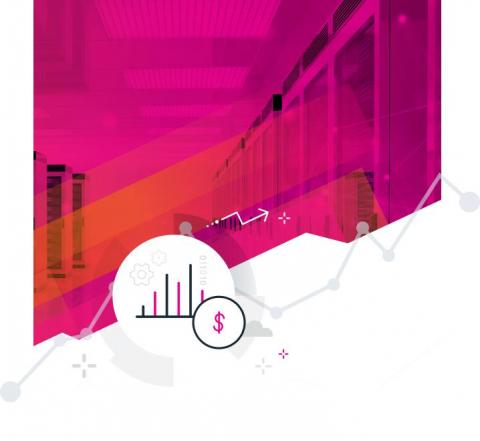What is Your Data Worth in the Fight Against Fraud?
You don’t need us to tell you that fraud and financial crime is on the rise. A quick google search will give you endless stats to support this claim. Fraud losses are increasing as a percentage of revenue, and that direct impact on the bottom line isan area of laser focus for senior execs.







